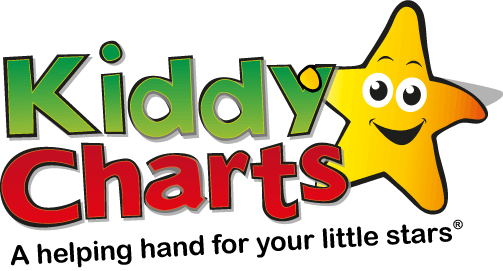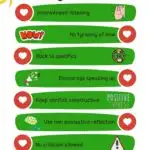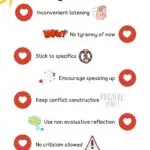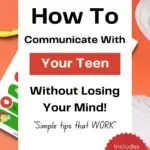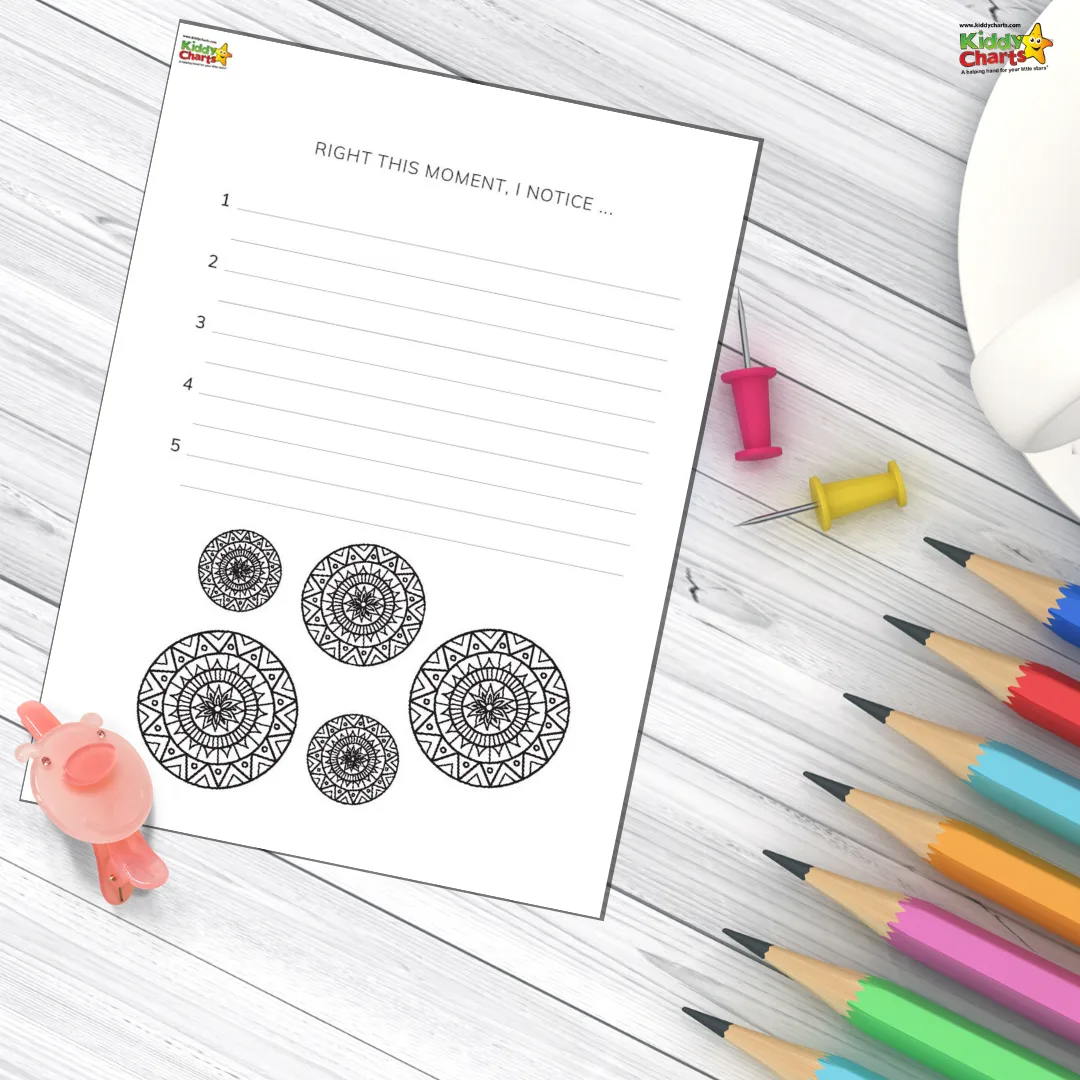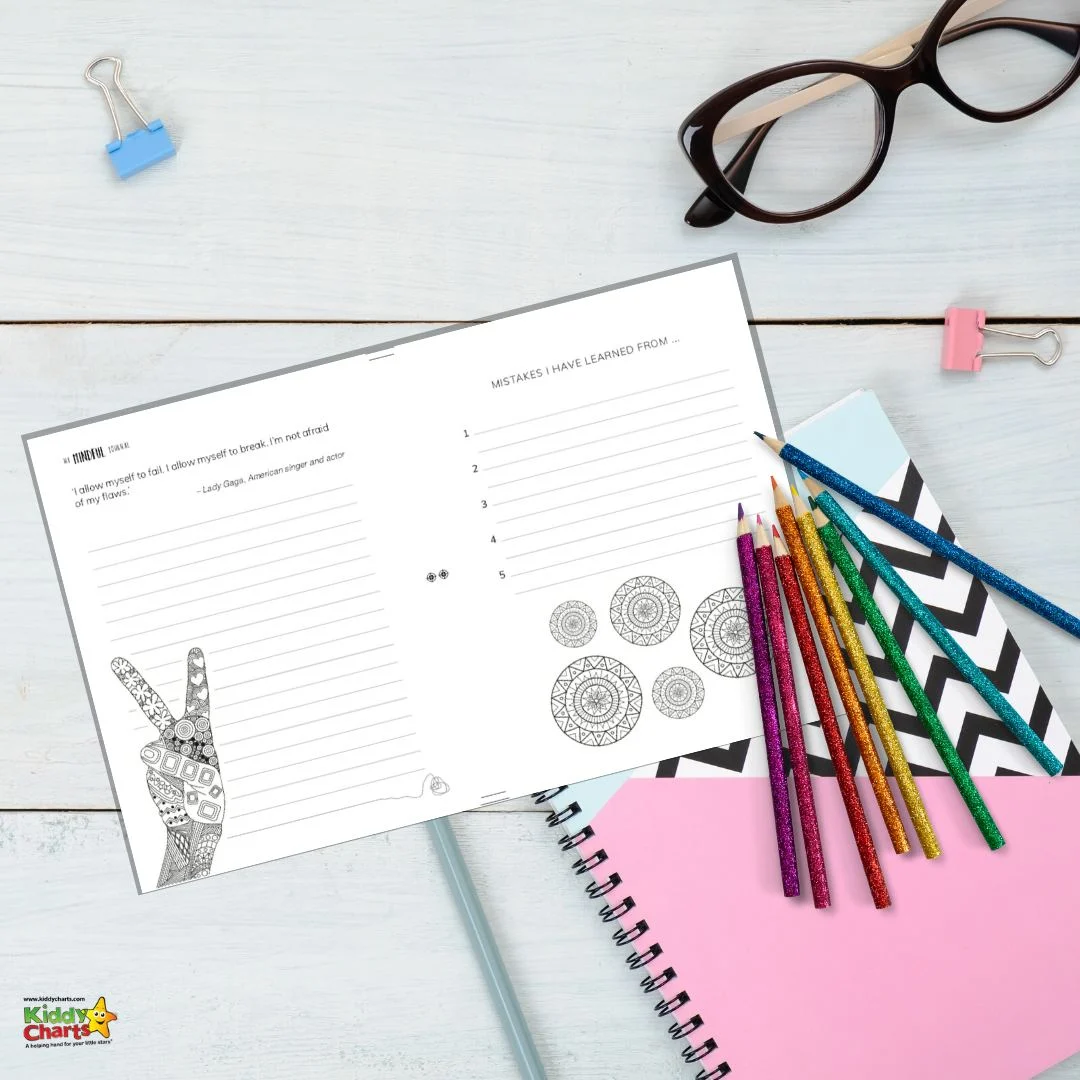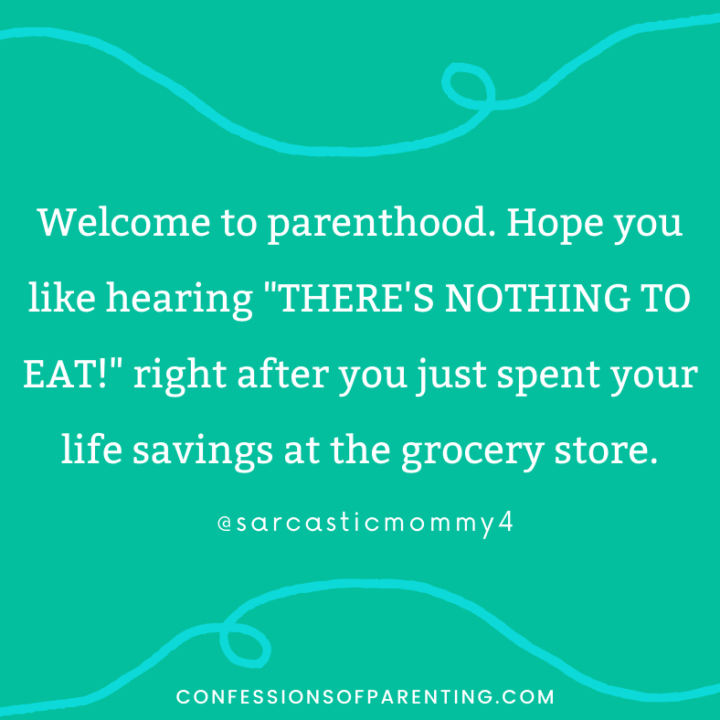Communication is at the heart of everything that we do as parents; verbal, body language, and our actions all say something to our kids. It helps to understand what we are saying when we communicate with our children, and we don’t just mean the words that we use of course, Today we have Carl Pickhardt Ph.D. guest posting on the site, author of Holding on while letting go: Parenting through the four freedoms of adolescence to help us with tips on how to communicate with teens.
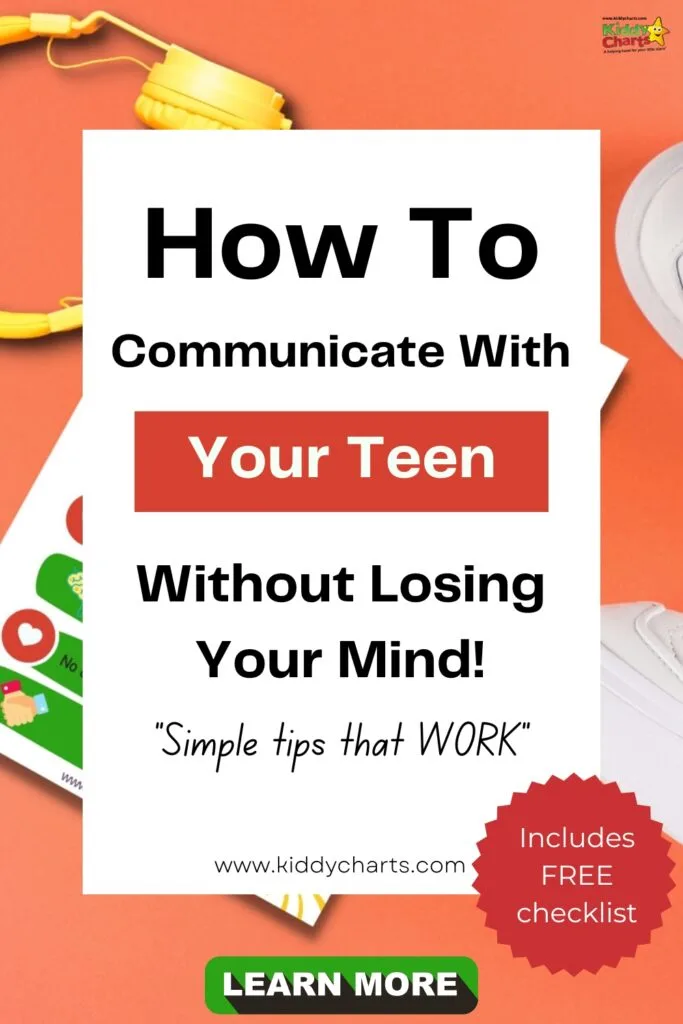
To beneficially communicate with their adolescent, it helps if parents understand the process and purpose of adolescence: how it changes the teenager, the parent in response, and the relationship between them.
When parents choose to have a child, they have agreed to have an adolescent. Unnecessarily, this statement can cause them to feel anxious when they anticipate having a “terrible teenager,” a social stereotype which is simply not true, and so not worth dreading.

In most cases, adolescence does not disrupt the family or derail the teenager. While parents may miss the magical childhood years of their little girl or boy, adolescence is even more magical because now they get to witness and participate in their daughter’s or son’s extraordinary coming-of-age transformation.
They get to see and contribute to their little girl growing into a young woman and their little boy growing into a young man. Now what is more magical than that?
What is important to understand is that an adolescent is no longer a child. Where the child (up to about age 8 or 9) wanted to remain closely attached and similar to parents, the adolescent starts to want more social separation and contrast with them. Why? Because adolescence now causes the young person to start detaching for more independence and differentiating for more individuality, striving to become more her or his own person on both accounts.
Why communicating with your teen changes
In this process, communication can become more challenging because the parent must contend with normal growth changes in their relationship.
- As more distance grows between them, social contact can be lessened. So, parents need to take more initiative for spending good time together. “What about we go out tonight for something to eat?”
- As more diversity grows between, they can grow more culturally apart. So, parents need to bridge differences with interest by asking for help to understand. “Could you show me how to play this computer game?”
- As more disagreement arises (often about freedom), more arguing can occur. So, parents need to turn disagreements into discussions to better understand each other. “Could we talk about what you need, what I need, and what we can work out?”
As adolescence necessarily grows the teenager and parent more apart, this in no way means there is any lessening of love; simply that growth changes creates more complexity in their relationship. Now staying communicatively engaged with their teenager takes more effort.

So we get to the question that this article seeks to answer: How can parents stay in good communication with a teenager without losing their mind?
In fatigue, impatience, frustration, disappointment, irritation, offense, worry, or surprise with their changing adolescent and growing risks, when parents ‘lose their mind’ with a teenager, where does their better judgment go?
The answer is important to understand. For the moment, they have impulsively allowed feelings to do their ‘thinking’ for them. Now regrettable overreactions can occur. “I just lost it!”
Valued agents of the parent’s affective awareness system, emotions can be very good informants: “This doesn’t feel right to me.” However, feelings can also be very bad advisors when they bypass better judgment and let momentary upset rule. “My temper got the better of me and I regret what I said.” So: when upset, honor your feelings, but delay long enough before responding to let your thinking decide.
Because of her or his growing needs for freedom, a teenager is often more unpredictable and problematic to parent than was the child. Thus at time it can be harder for the adult to keep her/his emotional sobriety – the capacity to stay calm, focused, attentive, empathetic, specific, focused, reasoned, and receptive.
Parenting an adolescent takes more self-discipline than parenting a child.
A checklist for communicating with your teen


So, perhaps it is worth considering a partial checklist for parental communication during this more complicated age.
- Inconvenient listening: because teenage readiness to communicate can depend on emotional readiness, be willing to stop what you are doing and attend whenever they feel like talking.
- No tyranny of now: don’t get trapped by adolescent urgency into having to decide ‘right now’; if it’s immediately important you need to take the time to think and talk the matter through.
- Stick to specifics: whatever issue you are discussing, keep your choice of words operational (about actions he or she did, not labels describing how the young person is), staying focused on objective doings, happenings, and events involved.
- Encourage speaking up: “I always want to hear whatever you have to say so long as it is said in a respectful and non-hurtful way, the same way I speak to you.”
- Keep conflict constructive: Treat growing differences in perceptions, wants, and beliefs as opportunities for safe constructive discussion and getting to know each other better.
- Use non-evaluative correction: Take issue with actions; don’t disapprove character. “I disagree with the choice you made, this is why, and this is what I need to have happen now.”
- No criticism allowed: already more insecure and sensitive, and feeling partly reflected in parental eyes, the teenager doesn’t need more cause to feel badly about themselves. At worst: “My parents are really down on me, and so am I!”
- Be courteous: Because small actions can signify larger meanings, like a compliment implies approval, when talking with your teenager treat her or him with the sensitivity and respect you would like them to use with you.
In order to help, we have put a printable checklist together on this (see above), so you can print out as a reminder for you! We know in the heat of the moment, it is pretty hard to keep your head…

We have two versions, a more colourful one, and one with less bright boxes, so that if you are printing at home, and limited with ink, it is still possible to print it out.
To download, just click on the button below:
Our thanks to Carl for this – why not pop over to Amazon and check out his book while you are here?

Holding on While letting go: Parenting your child through the four freedoms of adolescence
This article is written by Carl Pickhardt PhD, the author of this book, as well as the Psychology Today parenting expert. This book is designed to help parents to navigate the choppy waters of their children’s adolescence.
It can be a challenging time, and Carl has written this in order to help parents everywhere understand their children with the aim to making things easier for both adult and children during the period.
Carl believes that this really IS a golden time for our kids as they find out who they want to be, and step away from their parents to become their own, special people.
We really hope that you have found this article to be useful. Why not check out some of the other content on the site for teenagers and tweens?
Activities for tweens and teens
Here are some more activities and ideas for tweens and teens on KiddyCharts. Feel free to explore them all.
In the moment mindfulness activity for tweens
This is a lovely mindfulness activity for tweens (and teens) to help them to notice what is happening around them in that moment.
Mindful activity for tweens: Mistakes I have made
Another great idea for kids to develop their understanding of mindfulness; a look back on the mistakes that they have made, and what they have learnt from them.
Low self esteem in kids: Activity to help
This is a great activity for tweens and teens that suffer from self esteem issues.
We do also have an active listening checklist while is really important when chatting to teens, so why not take a look at that too?
Here are more articles for teens off site as well:
Teen articles from the internet
Articles around teenagers for you to take a look at; might even get a few ideas of what on earth to do with them?!
Activities for teens - 86 things for bored teens to do at home
Lots of fantastic things to do with the teens when they are stuck indoors.
50 of the Best Parenting a Teenager Quotes
We all need a laugh when parenting teens - there are some here, as well as some helpful words of wisdom too.
Films I Want My Teenagers to Watch
Films to watch with the teens - including those that will actually be helpfully educational for them to.
If you like what you see on the site, why not sign up to our newsletter?
We really hope to see you on site again.
Take care,
Helen

